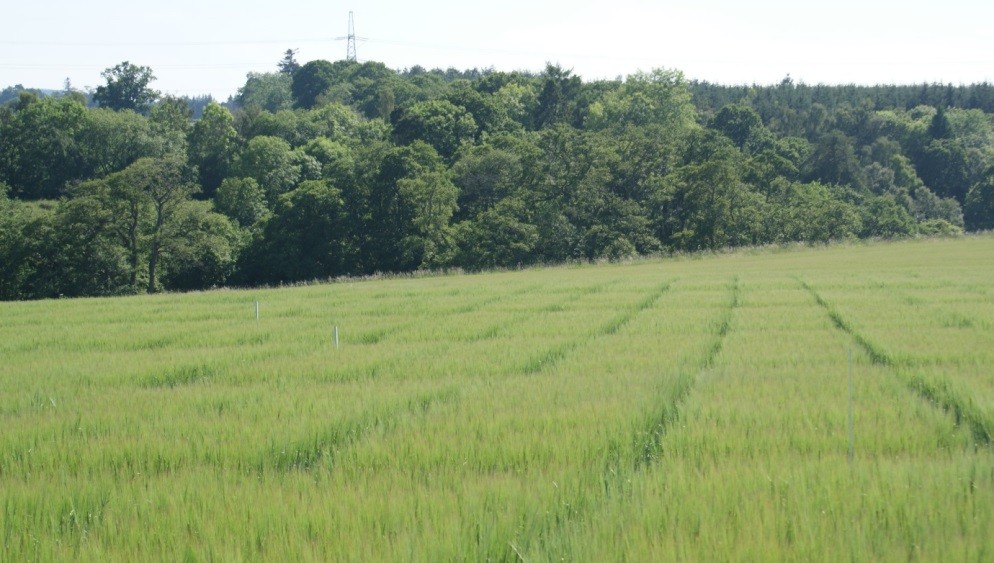Technical note (TN725): Integrated pest management
Summary
Integrated Pest Management (IPM) takes a whole farm approach to managing the land which:-
- Maximizes the efficiency of crop production
- Minimizes negative effects on the environment
What is Integrated Pest Management (IPM):
Integrated pest management is a site specific, whole farm approach to maximising the efficiency of production whilst minimising negative effects on the environment. The term ‘pest’ used in ‘Integrated Pest Management’ is used to cover pests, weeds and diseases and commonly shortened to ‘IPM’. IPM should involve minimising pest, weed and disease risks and includes the use of crop rotations, appropriate cultivation techniques, the use of resistant varieties, tailored and efficient use of artificial inputs such as fertilisers, pesticides and fossil fuels and the enhancement of wildlife habitats. Pest monitoring and the use of thresholds for treatment are a component in reducing reliance on pesticides. (Based on the FAO and Sustainable Use of Pesticides Directive definition).
The principles of IPM are included in legislation (see table 1) and are promoted by the Voluntary Initiative, in quality assurance schemes like Red Tractor, Scottish Quality Crops and Global Sustainability Platforms. Many IPM principles are commonly used in farming practice although growers may not consciously brand them as such. Scotland’s main crops by acreage are grass, barley, wheat, oats, oilseed rape. Potatoes, horticultural crops and soft fruit are also grown and are of high value but lower acreage. Many of the principles of IPM can be applied across all crops and some aspects are more suited to broad acre practices (such as or to enclosed and protected environments).

Sign up to the FAS newsletter
Receive updates on news, events and publications from Scotland’s Farm Advisory Service
